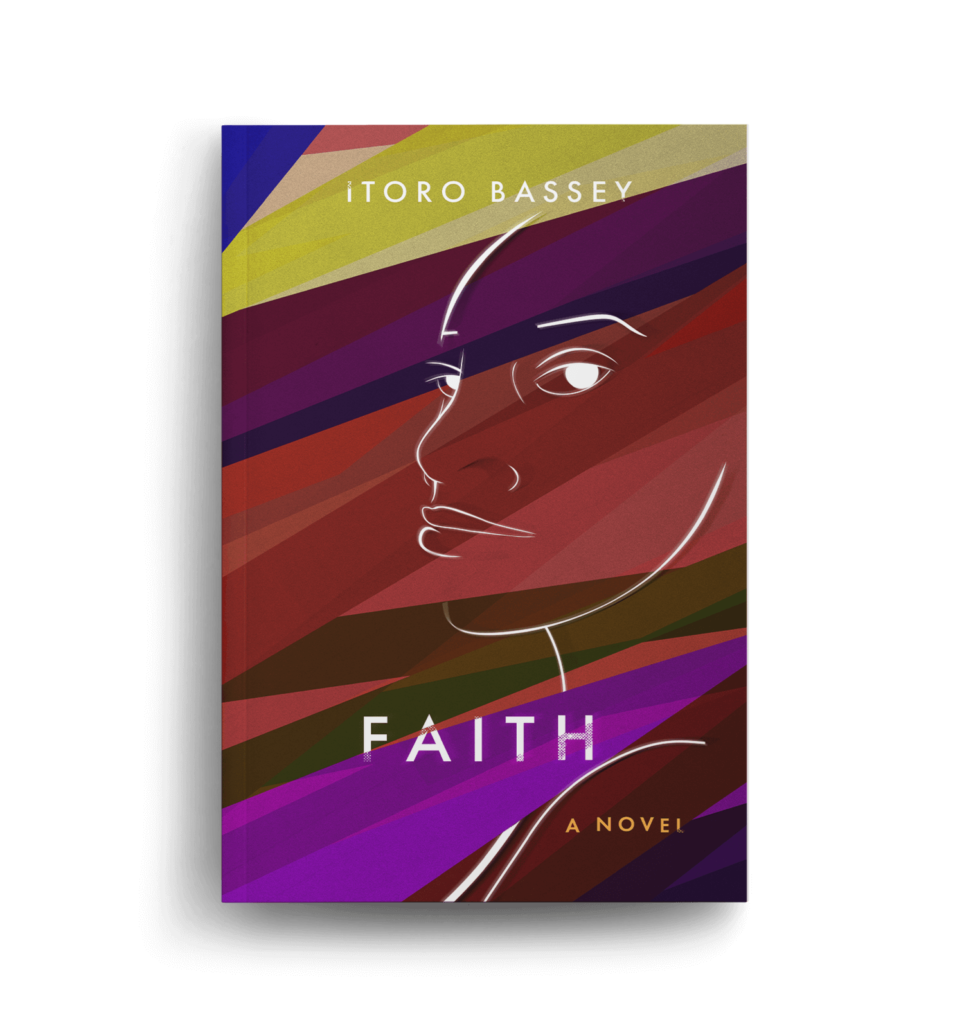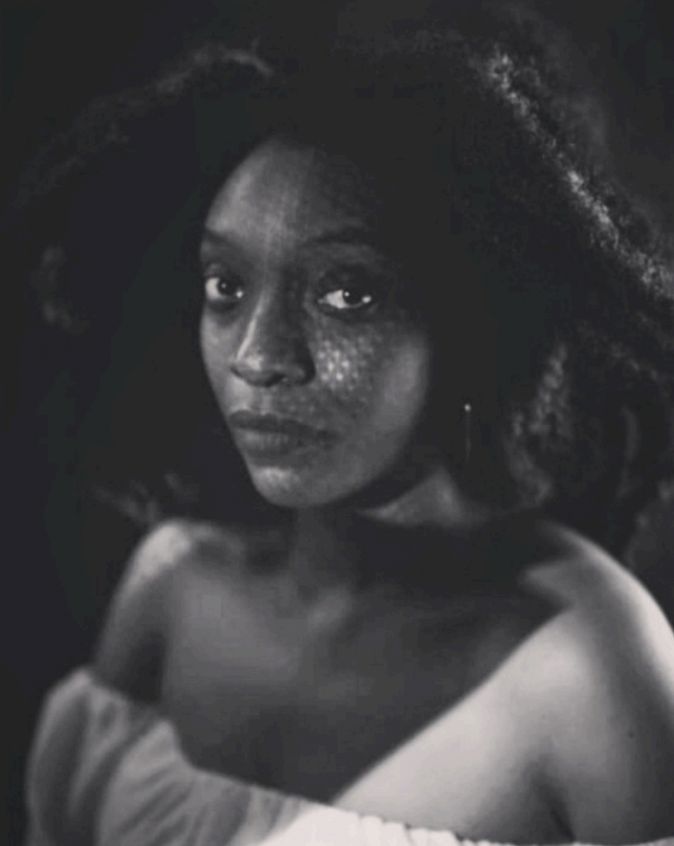Strut In HER Shoes recently published a review of Faith, a coming of age story by author Itoro Bassey. Bassey is a Nigerian-American award-winning writer, playwright, cultural worker, educator, and the founder/executive director of Naija Meditate. In addition to that review, we want to share a behind-the-scenes view of the author and her inspiration behind this story. Keep reading to learn more.
Itoro Bassey
What was the inspiration for this story?
I was inspired mostly by the women in my life, family, friends, women I admired, women who I found challenging, and the women who had a particular view about the men in their lives which I felt needed exploration. I was inspired by the relationships that tie us to another, and whether or not these ties are liberating or confining, or a bit of both. Also, I was inspired by my own life, especially as a first-generation Nigerian woman, who had in many ways had chosen to come back to Nigeria (by way of Kenya), and decide that I had more peace here than in the West — how did that happen?
What was the highlight of writing this book, Faith?
The highlight was that I had been writing this book for ten years and didn’t know it until eight years in! I had first started out writing short stories that I had published in different literary journals as stand-alone. I had been wanting to find a way to put the stories together and develop characters that were linked across time and space.
I write a lot about the African diaspora, what it means to be a part of such a dispersion that has left us so many questions than answers. So my eighth year of writing these stories, I started to think about how to put these stories together to create a cohesive text. So the highlight was putting the text together, editing, adding more chapters, thinking through more angles, until finally, it felt like I had pieced something together.
What were the key challenges you faced when writing this book? Do resonate with any of the characters?
I think trusting this particular story because it’s not linear, some characters don’t get their full arcs, and it’s quite fragmented in the fact that there are big-time jumps and lapses. But I think this might have been inevitable considering the subject matter, I mean I’m talking about dispersion, generational trauma, and lapses in memory.
Figuring out how to write about these things, was a challenge. And after a decade, I had to trust that the book was enough as it was, and didn’t need to be fixed. And in a way, I think my own anxiety around this is reflective of the characters’ anxieties about not being enough, not quite measuring up, not being so straightforward, and then at the end of it all, having to accept that by many other peoples standards they may not measure up, but they’re relatable. So in this way, I definitely relate to most of the characters.
Can you share with us something about the book that isn’t in the blurb?
Well, there’s a great-grandmother who the main character, Arit, gets to meet. Although, the great-grandmother is dead.
Does one of the main characters hold a special place in your heart? If so, why?

I would say Arit for sure, because I gave this character the bones of my life, being born in the US and traveling around. I liked her fluidness, her withdrawnness, and her self-awareness. I also liked her flaws. I felt that a lot of her qualities were fun to work with, especially when writing characters relating to her. But the character who actually holds a special place in my heart is Aggie. Arit’s mirror. I think she’s confusing and bold.
Tell us about the process for coming up with the book cover.
I can’t give myself the credit. It belongs to the phenomenal illustrator, Angelo Maneage. I knew what I wanted: A woman coming into herself. And somehow he managed to do exactly that.
What books or authors have most influenced your own writing? How long have you been writing or when did you start?
I’ve been reading since the age of 5 years old, and here are some of my favorite reads:
- Toni Morrison’s Jazz
- Jamaica Kincaid’s The Autobiography of my Mother
- Mariam Ba’s So Long a Letter
- Marie Vieux Chauvet’s Love, Anger, Madness
- Lesléa Newman’s Fat Chance
- Sheri Reynolds’ The Rapture of Canaan
- Anything Babysitters Club
What advice would you give to a writer working on their first book?
There’s the practical side of it: keep going, keep writing, keep workshopping, keep at your craft, even when you get discouraged, keep at it. Then the more intuitive side of it is, at some point, you have to trust the material you have.
Who is the author you most admire in your genre?
Toni Morrison.
What do you hope your readers take away from this book?
That it’s ok to start again, that it’s ok to fail, and that reconciliation, especially reconciliation with one’s ancestry and family history, is not clear-cut.
How many bookshelves are in your house?
I have one bookshelf and my kindle. I have a bunch of books in storage that I need to ship over.
Favorite quote?
“I’ve learned that people will forget what you said, people will forget what you did, but people will never forget how you made them feel.”
Maya Angelou

Favorite book/story you have read as an adult?
Three Women, by Lissa Taddeo
What do you like to do when you are not writing?
Eat, talk about food, talk with friends, travel.
What keeps you struttin’?
That I’m alive, and that I have time and my health, and that I’ve got to use it to live my best life.
Read an excerpt for the book, then purchase your copy of Faith online today! Also, watch the short film documentary focusing on Reflections of Returning.
